You’re reading the web version of our email briefing on health policy, science and medical news. Sign up to get it next week.
Who controls our health? This week’s stories follow the power struggles unfolding over our data, our care, and the truth itself.
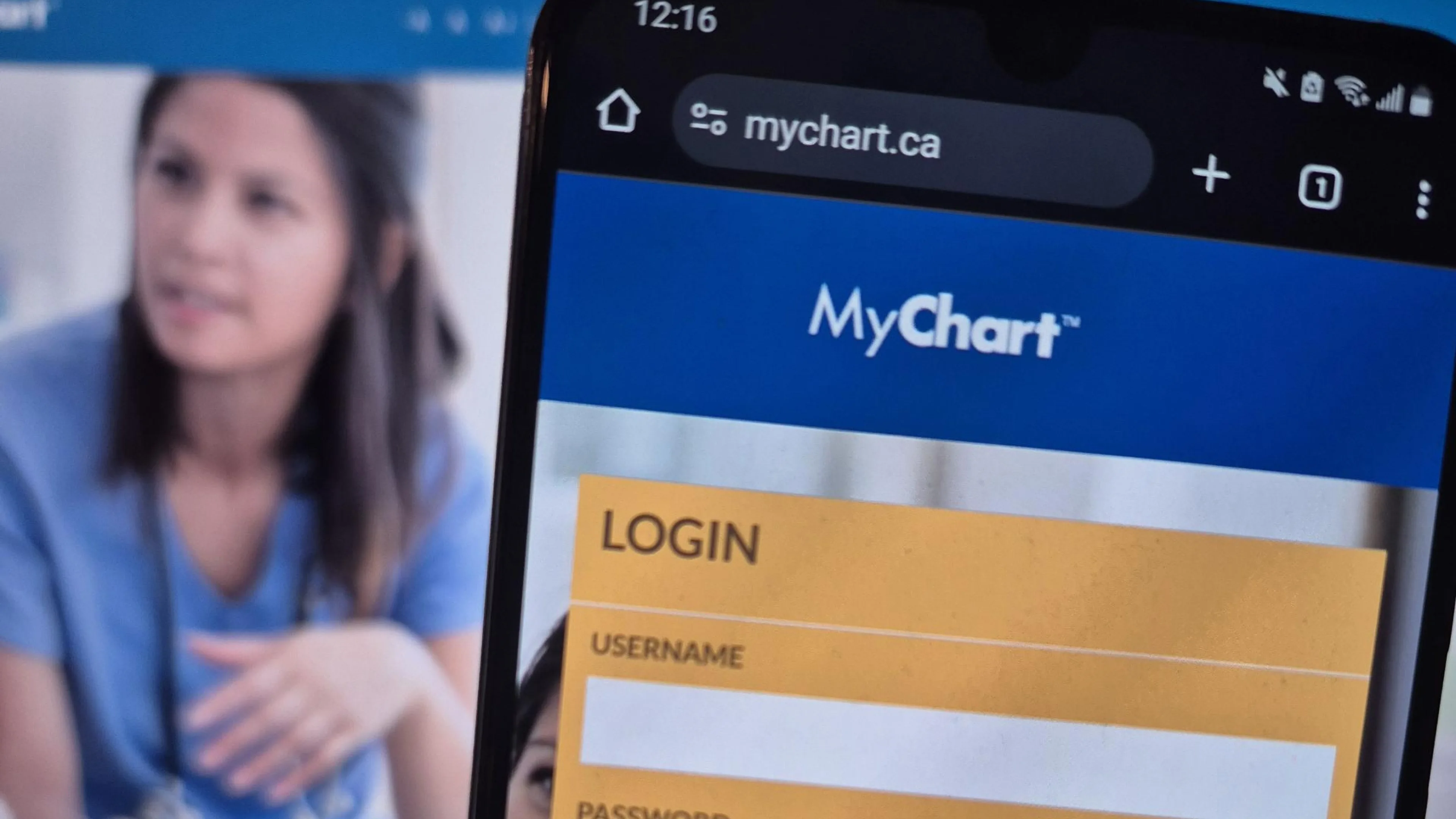
The MyChart health records app, owned by U.S. parent Epic Systems Corp., rolled out a new user agreement for its 2.8 million Canadian users. The terms say any legal actions must be handled individually, blocking class actions.
Epic says this will be faster and cheaper for plaintiffs. But most data-breach claims are too small to pursue individually, say legal experts, meaning the new terms strip Canadians of their only recourse if their health data is compromised.
Laws in six provinces could render the new clauses unenforceable, should any class actions be launched. Experts say health-tech firms across the board are trying to limit their liability as cyberattacks become more frequent.
Read more…
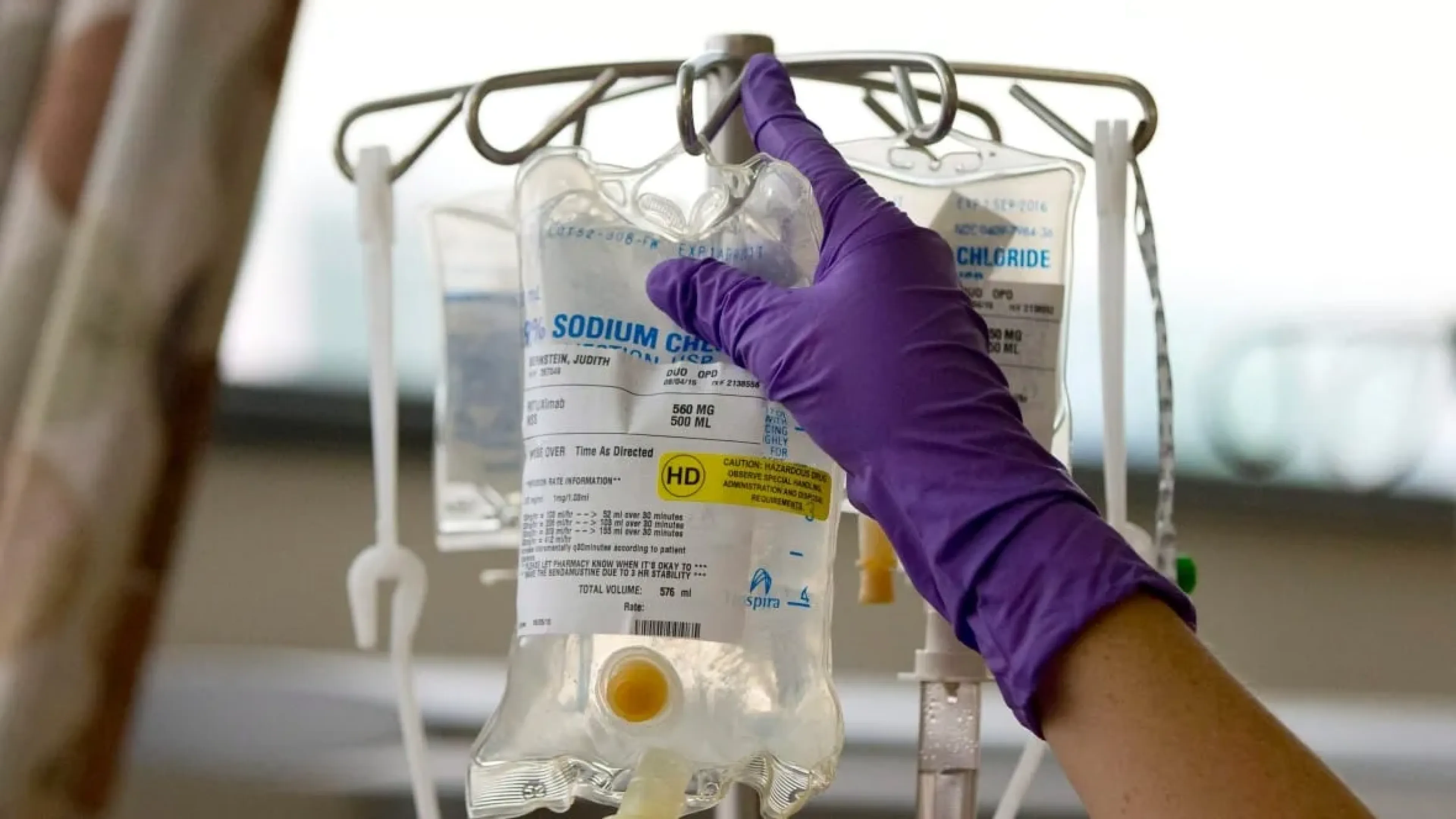
SickKids and Ste-Justine hospitals have stopped enrolling patients in multiple pediatric cancer trials in the wake of U.S. cuts to NIH research funding.
Dr. Sheila Singh, a pediatric neurosurgeon at McMaster, says two of her patients with hard-to-treat brain cancers recently lost access to experimental drugs.
Researchers say these studies are often the last hope for kids with aggressive, treatment-resistant tumours. The NIH says Canadian enrolment could resume in the future. Though it hasn’t said when, or on what terms.
Read more…
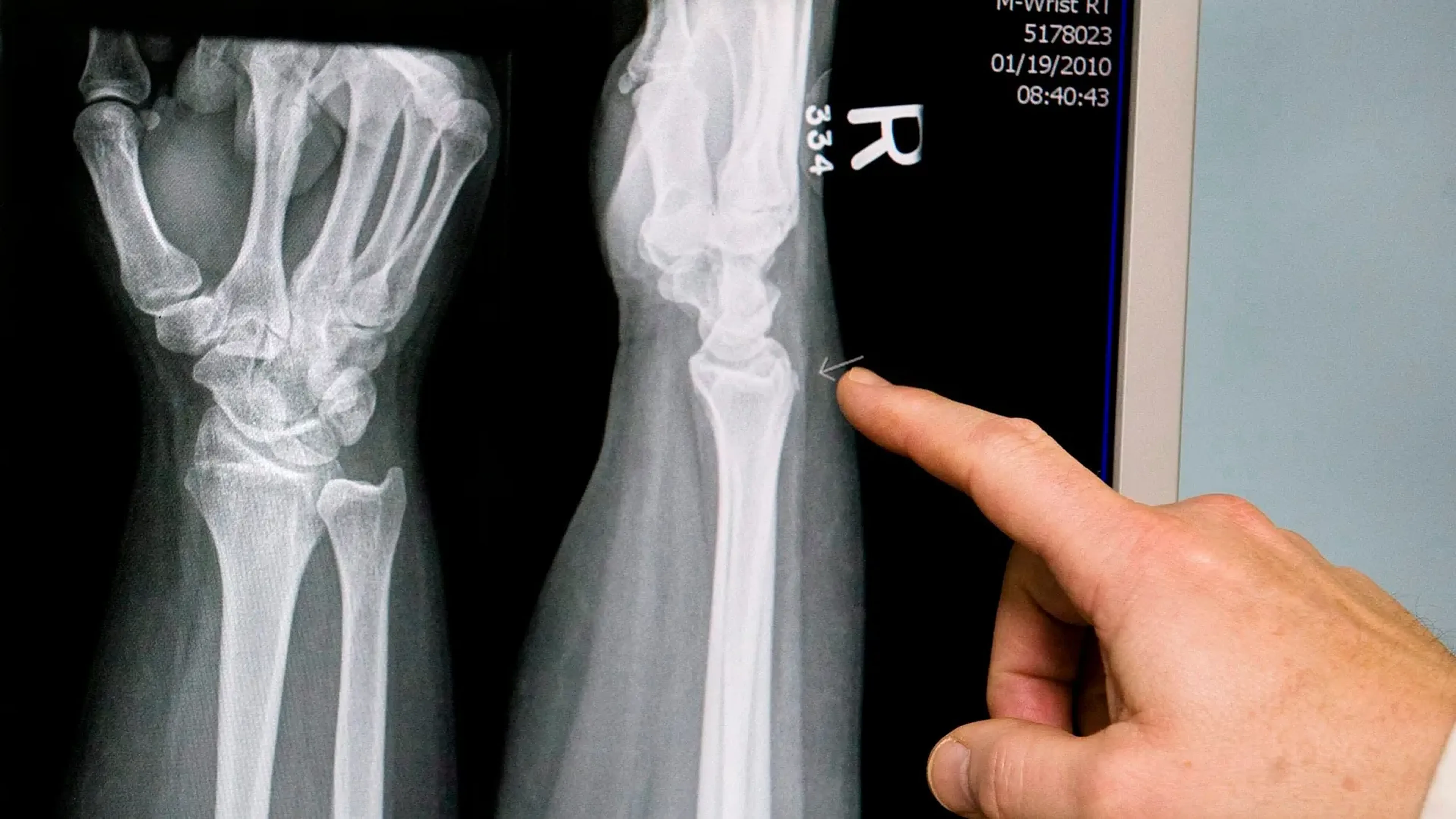
Animal experiments link microplastics to bone weakening and deformities. A new review of lab studies says the particles impair bone cells, triggering inflammation and disrupting skeletal growth.
Researchers are now testing whether microplastics accelerate osteoporosis.
If a causal link emerges, it could mean bone disease is partly preventable by reducing environmental plastic exposure. We currently allow microplastics into our bodies through several avenues. We eat and drink them, breathe them in, and absorb them through our skin.
Read more…
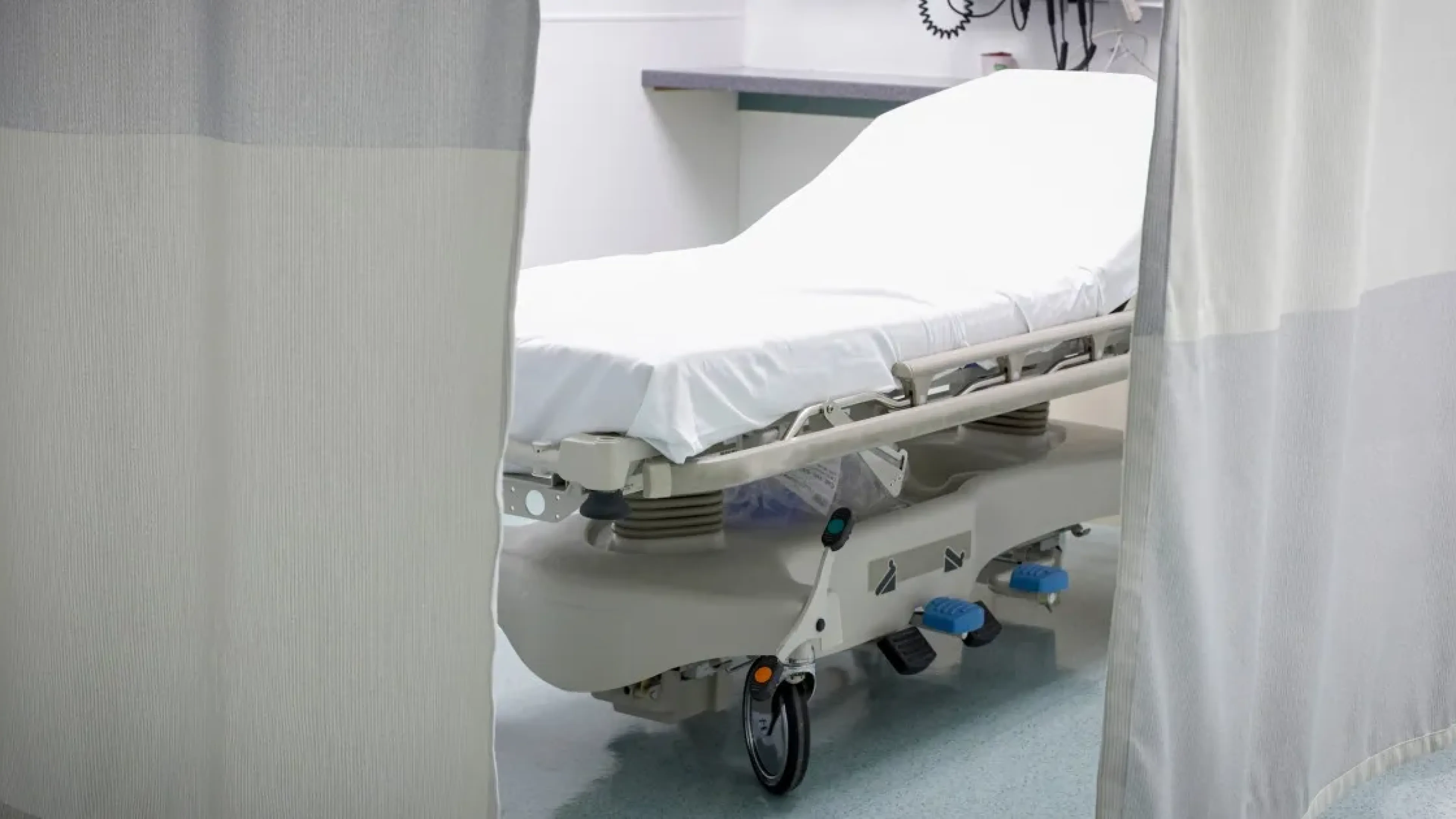
Researchers tracked a million ER visits at 49 private-equity-owned hospitals and found sharp staffing reductions and worse outcomes. Private equity has a growing presence in Canada’s healthcare.
Dentalcorp, Canada’s largest chain of dental clinics, is being bought by U.S. firm GTCR. Clearpoint Health, which runs private surgical centres across several provinces, is private-equity-owned.
Some U.S. states are working to curb private equity’s healthcare ownership. Canada’s hospitals are shielded by law, but in ancillary areas (surgical centres, dental chains, long-term care, diagnostic clinics) there are no such guardrails.
Read more…

Trump claimed last week that Tylenol use in pregnancy causes autism. The statement is unsupported by the evidence, and medical and science bodies around the world spent all week rebuking and correcting it.
Canadian physicians say health misinformation is now shaping policy as well as patients’ choices. Trump provided a striking example when he directed the FDA to warn against acetaminophen use during pregnancy. Untreated fever itself can lead to miscarriage and preterm birth.
Groups linked to RFK Jr. have spent years raising doubts about Tylenol while promoting “natural” pain remedies. Supplement companies tied to his anti-vax nonprofit — and even some Trump appointees — stand to profit directly as science and medicine are undermined.
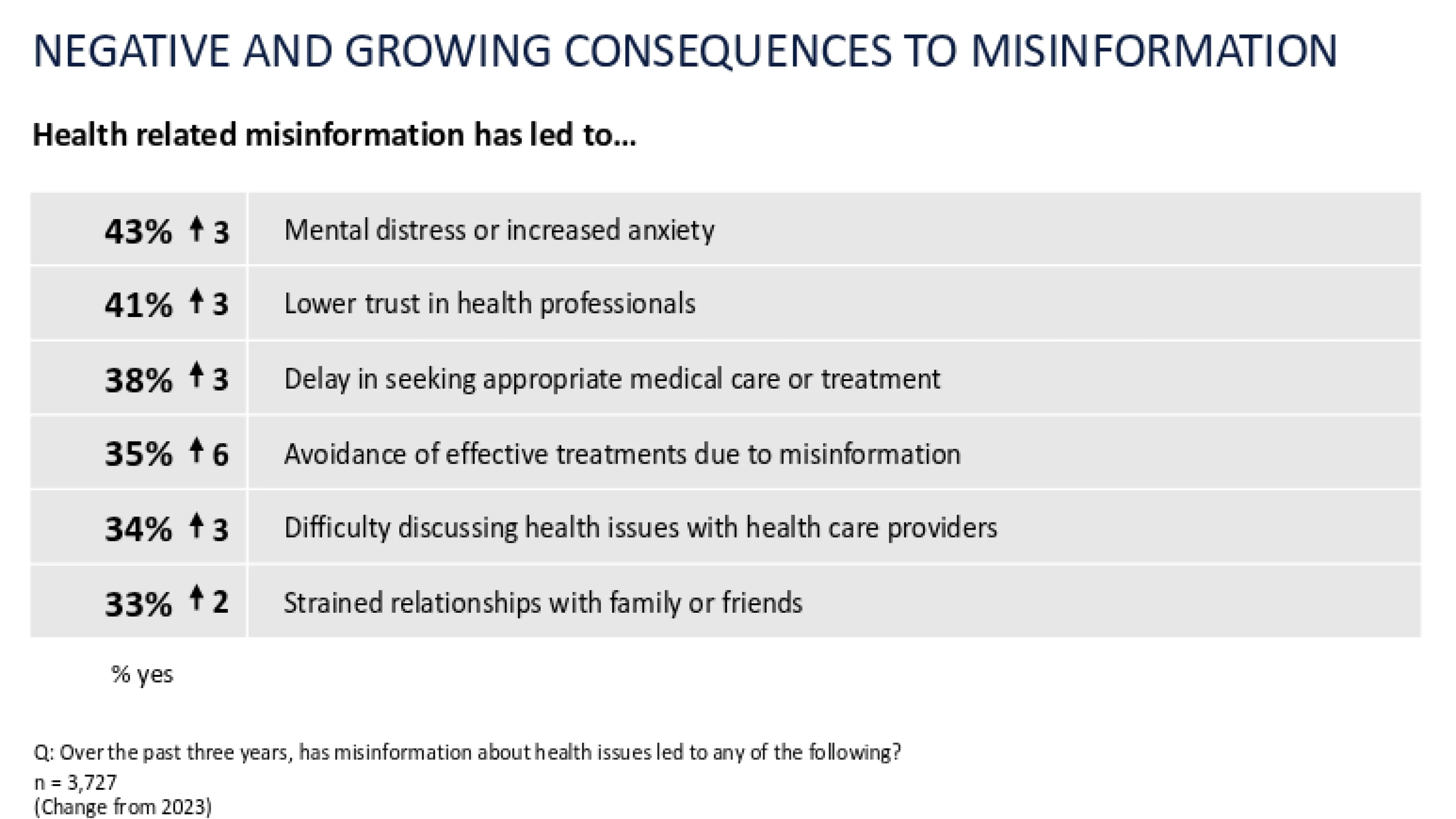
A little over a week before the Tylenol announcement, scientific and medical stakeholders across the country issued a joint statement against health misinformation, highlighting the importance of coordinated approaches to oppose it. CMA president Dr. Margot Burnell, a co-signatory, said disinformation is “…creeping into patients’ thoughts, public policy, communities, and is adversely affecting outcomes in healthcare.”
She pointed to survey data showing that 23% of people self-report harmful health outcomes resulting from false health information. Burnell said access to primary care is a potent tool to counter the effects of rampant disinformation, so patients can safely talk through issues with a trusted provider.
Burnell also stressed the need for “health literacy and trust literacy” for Canadians and their doctors alike, encouraging curiosity about the funding and authorship behind scientific claims.
With HHS and the NIH leaning into fringe publishing projects (even launching fake journals backed by dark money), the scientific ecosystem itself is at risk of pollution by studies designed to look credible but built to mislead.
Read more…
That’s it for the week.
Canada may not yet face the same wave of politicized “science” now shaping U.S. health policy, but these currents are moving north. What we do now to strengthen literacy and trust will determine how resilient our systems are.
Nick Tsergas, Editor
Canada Healthwatch
[email protected] | canadahealthwatch.ca
Stay informed.
On the most important developments in Canadian health.
Get Canada’s essential briefing on health policy, science, and system change. Get Briefing